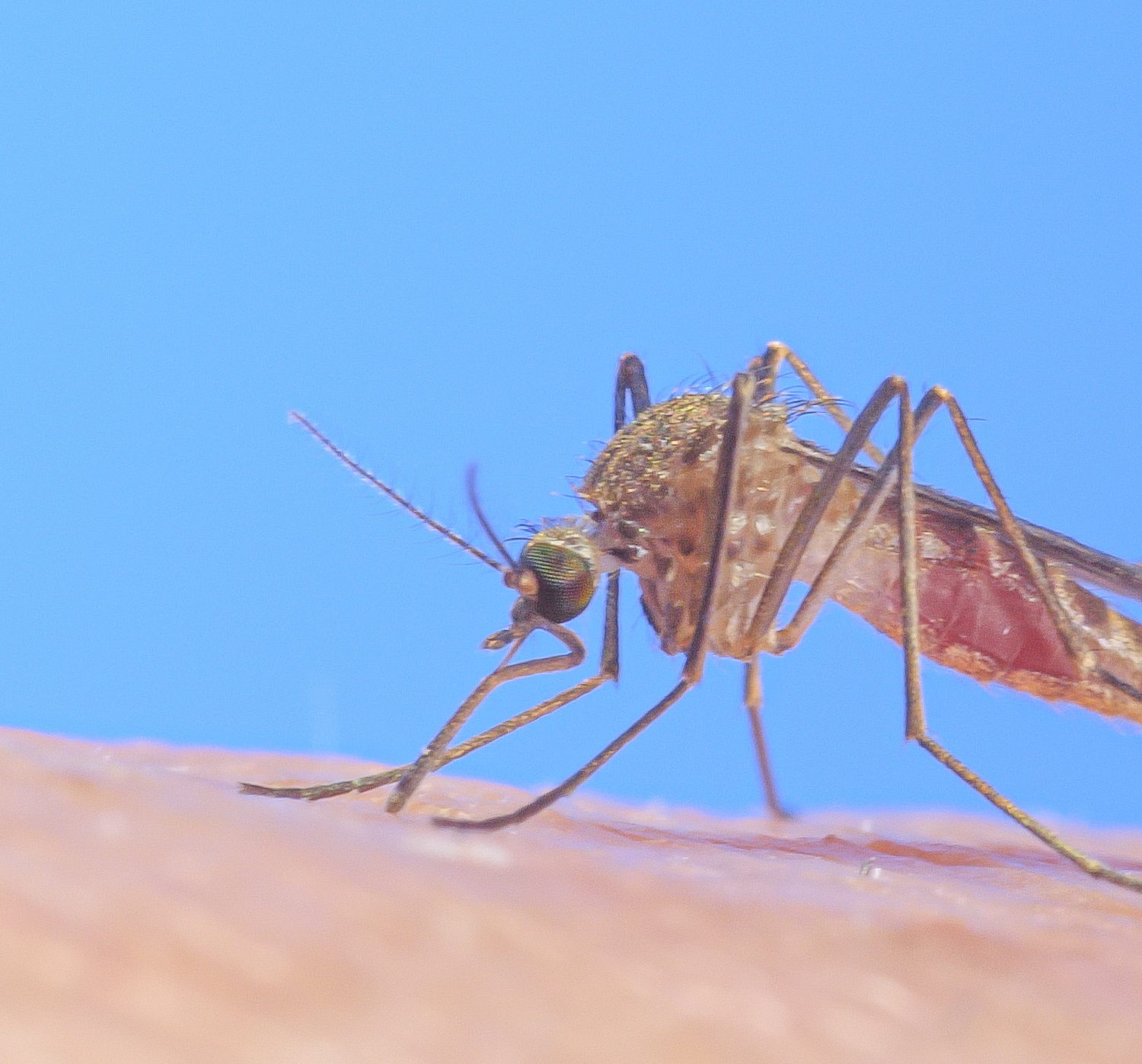A botched experiment, a rejected paper… such things are soon labelled as failures in academia. As for talking about them — not done! But that is just what WUR scientists do in this column. Because failure has its uses. This time, it’s Entomology postdoc Rody Blom.
‘One of my studies for my PhD thesis involved catching mosquitoes in built-up areas and the floodplains, counting them and classifying them. I wanted to find out how mosquito activity varies depending on the location and the season. I bought six modern mosquito traps, cone-shaped units that use CO2 to attract the mosquitoes and then suck them in with a fan. A fitted counter records how many mozzies have been caught.
‘I placed the traps out there in the environment. Each week, I emptied them and put the catch in the freezer. Although the traps counted the mosquitoes automatically, I wanted to do a manual check. That meant counting each individual mozzie and identifying the species. A hard-working student helped me. When I opened the freezer one summer’s day, my hands full of bags of mosquitoes to add to the contents, I realized the freezer was almost full. We couldn’t keep up with the growing piles of insects. But I remained optimistic, assuming it was just a question of working hard. It was only when my second student was unable to complete his task within his project period that I realized I wasn’t going to manage it. Counting by hand took too long and the study was suffering from its own success. Together with my supervisor, I took the decision not to include the study in my thesis after all. It was a shame, because I knew I’d collected some valuable data.
We couldn’t keep up with the numbers of mosquitoes; the study was suffering from its own success
‘Four years later, the study is still unfinished. I’m really annoyed with myself for misestimating how much work it would be. These days, I have more experience with the traps and I can judge how many mosquitoes — and therefore how much work — you get from a trap. I don’t want to give up, so I’ll just use the mosquitoes we counted earlier to validate the trap counter. Initial results show mosquitoes are more active at dusk, as we suspected. It’s a pity, because if I’d made that decision earlier I could have included this finding in my thesis.’

 Illustration Stijn Schreven
Illustration Stijn Schreven 

